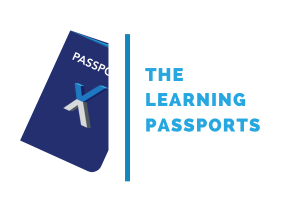
Cisco Solutions: Implementation and Administration (CCNA 200-301) (NT5553)

This course builds on your existing user-level knowledge and experience with computing and networking to provide you with the knowledge and skills expected of an entry-level network administrator. It also addresses the content described in the exam objectives for the Certified Cisco Network Administrator (CCNA 200-301). If you are pursuing a Cisco technical certification path, the CCNA 200-301 exam is your first step into the world of Cisco certification.
- Explain basic concepts related to networking.
- Configure switching.
- Configure IP addressing.
- Configure routing.
- Configure wireless connectivity.
- Configure IP network services.
- Explain basic network security concepts and practices.
- Explain the use of automation and programmability in network management tasks.
- Troubleshoot common network issues.
Public class
4275$
Duration:
5 days / 35 hours
Private class
Virtual classroom
5
5 days / 35 hours
Price on request
English or French
Contact us for more information on pricing::
Eccentrix
Office: 1-888-718-9732
E-mail: info@eccentrix.ca
130, King Street West, Suite 1800
Toronto, Ontario M5X 1E3
www.eccentrix.ca





